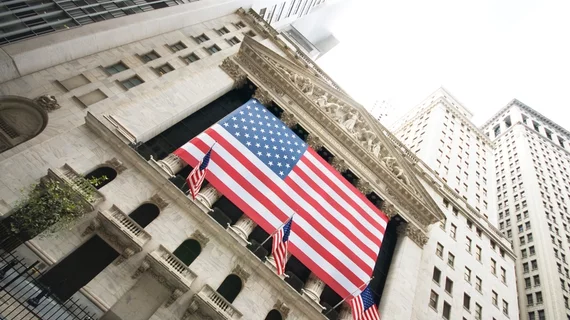GE delisted from Dow Jones after 110-year run in 30-company index
For the first time in 110 years, General Electric won’t be a part of the Dow Jones Industrial Average, after S&P Dow Jones Indices announced the corporate giant will be delisted when the stock market opens June 26. Walgreens Boots Alliance will take GE’s place in the index of 30 large, publicly traded companies in the U.S.
This announcement was unsurprising, considering recent troubles for the company. GE lost nearly half its value in 2017, ranking it as the worst performer among the DJIA’s 30 members. This year, GE stock was down another 25 percent.
David Blitzer, chairman of S&P’s indices committee, said the move reflects a changing American economy—moving away from industrial companies in favor of banks, technology and consumer-focused firms.
The low price of GE shares means the company has a weight in the index of less than one-half of one percentage point,” Blitzer said, in a prepared statement. Walgreens Boots Alliance’s share price is higher, and it will contribute more meaningfully to the index. It will also help the index better represent the U.S. market and economy.”
The move will not disrupt the DJIA because the divisor the calculates the index will be changed before the June 26 change.
GE, meanwhile, released a statement downplaying the move.
“We are focused on executing against the plan we’ve laid out to improve GE’s performance,” the company said in a statement. “Today’s announcement does nothing to change those commitments or our focus in creating in a stronger, simpler GE.”
Earlier this year, GE Healthcare announced it will sell its revenue cycle, ambulatory care and workforce management software units to Veritas Capital for $1.1 billion. This move was part of a GE-wide strategy to sell assets among rumors the company will be broken up.

